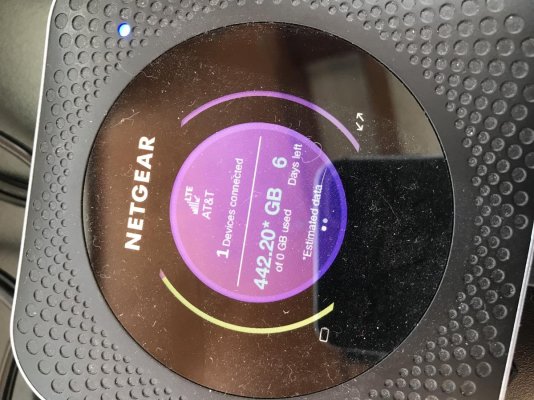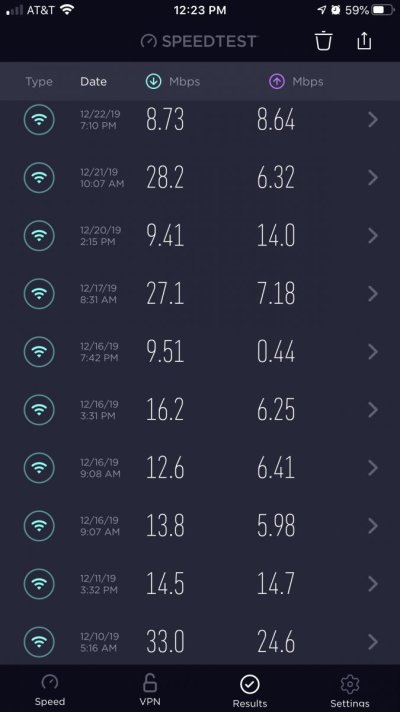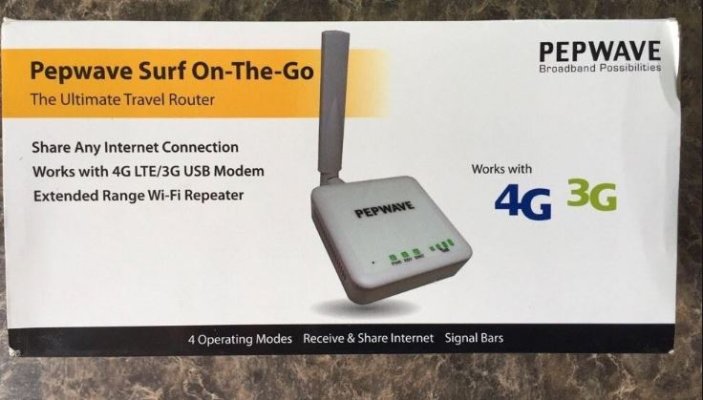Pete Meisinger
Guru
- Joined
- Oct 7, 2012
- Messages
- 3,145
- Location
- USA
- Vessel Name
- Best Alternative
- Vessel Make
- 36 Albin Aft Cabin
Why do most marinas feature such lousy wifi ?
Ive heard many excuses from the facility, ranging from distance to the docks, lousy provider, too many sailboat masts, weather, etc.
So I have come to accept that the wifi will be poor at best at most marinas. I occasionally will use my phone for a "hotspot" if I have business to do but it gobbles up data.
Do the wifi boosters actually work? Someone please explain them to me. Do I mount it on my mast or is it inside the boat or connected to my computer ? Primarily, do they work?
pete
Ive heard many excuses from the facility, ranging from distance to the docks, lousy provider, too many sailboat masts, weather, etc.
So I have come to accept that the wifi will be poor at best at most marinas. I occasionally will use my phone for a "hotspot" if I have business to do but it gobbles up data.
Do the wifi boosters actually work? Someone please explain them to me. Do I mount it on my mast or is it inside the boat or connected to my computer ? Primarily, do they work?
pete




